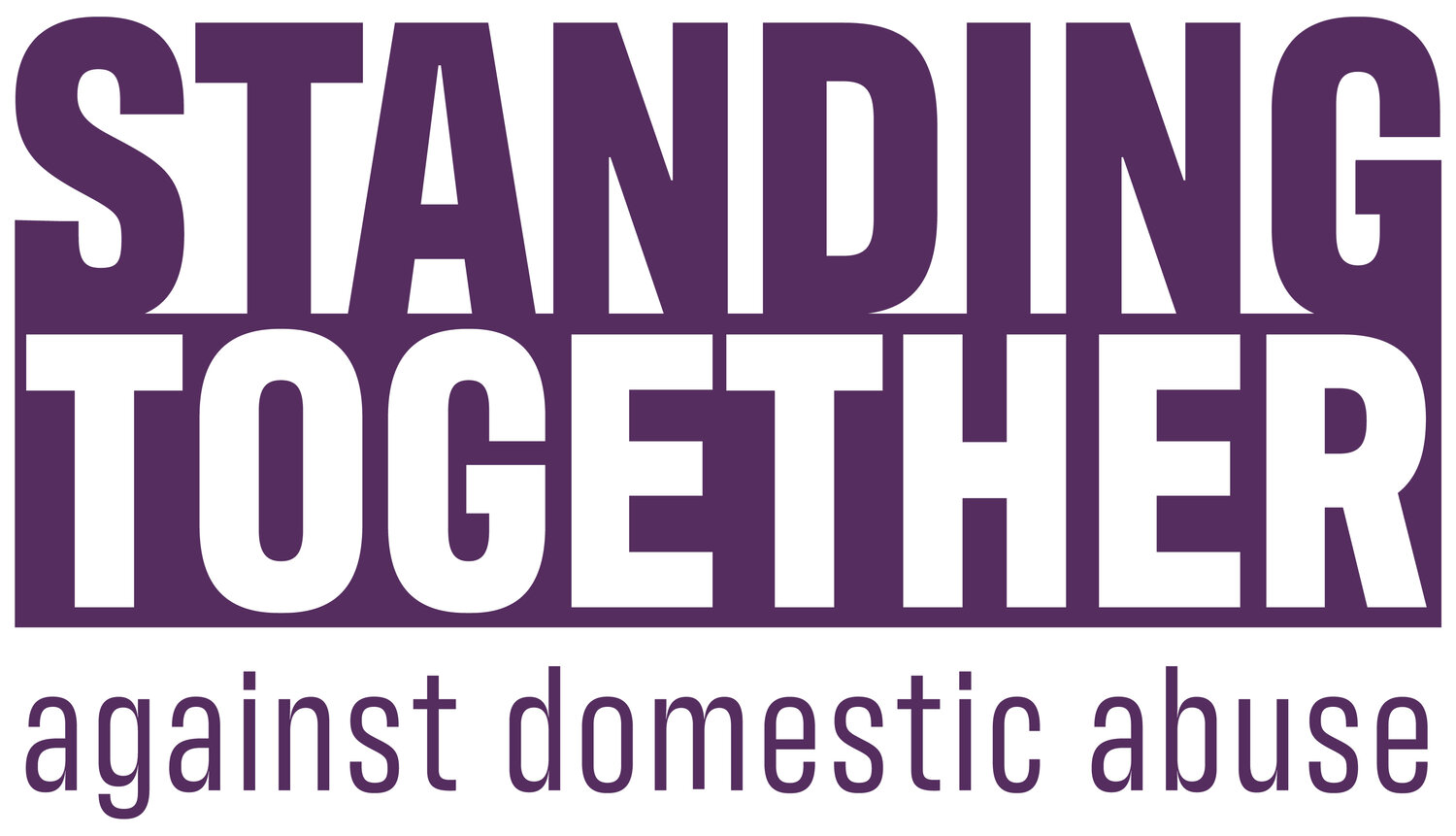Protecting Victims of Domestic Abuse: Why the Renters’ Rights Bill Must Go Further
In advance of the second reading of the Renters’ Rights Bill in the House of Lords next week, Standing Together must highlight the significance of this bill in relation to those experiencing domestic abuse and make clear recommendations to the Lords for amendments that would go even further to protect and safeguard victim-survivors of domestic abuse and make accommodations for the significant overlap between domestic abuse and housing.
In cases of domestic abuse, the experience of victims is often far more complex than the visible physical violence or emotional trauma. A significant issue that many victims of domestic abuse face is the reporting of them as perpetrators of anti-social behaviour. Victims of domestic abuse are four times more likely to find themselves facing an anti-social behaviour complaint made by neighbours or other members of the community.
This complaint typically arises when the abusive behaviour is overheard, either through loud arguments, yelling, or the emotional distress of the victim becoming apparent to those living nearby. Neighbours may hear shouting, crying, or physical altercations and may not fully understand the context of the situation. As a result, they may perceive the person who is being abused as the aggressor or simply report the disturbance as an anti-social behaviour complaint, unknowingly exacerbating the victim-survivors' situation and putting them at risk of homelessness. Therefore, it is vital that this bill includes safeguards to mitigate the wrongful application of anti-social behaviour complaints towards victim-survivors for the purposes of eviction. The same risk applies to evictions for rent arrears, as this can often be caused by economic abuse. We would seek an amendment to ensure that a pre-eviction protocol is put in place to ensure that domestic abuse is ruled out as a factor for both anti-social behaviour and rent arrears before any possession order for the property is granted. Where domestic abuse is identified, the possession order should not be granted and instead appropriate support put in place for the victim.
For this to happen, multi-agency working across housing authorities, the domestic abuse sector, statutory services including police and probation services, landlords and housing providers is vital. This also must include a commitment from the Ministry of Housing, Communities and Local Government to collaborate with the sector and ensure that there is a dedicated response to domestic abuse and VAWG within their strategy, particularly to ensure that cases of domestic abuse are correctly and swiftly identified, and support is provided. We would recommend an amendment that reflects the need for training, collaboration, and transparency across agencies, specialist services, and providers to ensure a coordinated community response (CCR) to domestic abuse.
To address these risks and ensure survivors are adequately protected, Standing Together proposes the following crucial amendments to the Renters’ Rights Bill:
Pre-Eviction Protocols: Ensuring domestic abuse is ruled out as a factor in anti-social behaviour complaints or rent arrears before any possession orders are granted. Where domestic abuse is identified, eviction should be halted, and safeguarding measures implemented instead.
Survivor-Centered Housing Access: Measures to ensure survivors can swiftly access safe alternative housing, supported by comprehensive services.
Multi-Agency Collaboration: Mandating coordinated community responses (CCR) to domestic abuse through training, transparency, and collaboration among housing authorities, landlords, statutory services, and specialist domestic abuse organisations.
Whole Housing Approach: A Comprehensive Model
Standing Together also highlights the importance of adopting a Whole Housing Approach (WHA)—a groundbreaking model developed by the Domestic Abuse Housing Alliance (DAHA) in 2018. This framework addresses all housing tenure types, including private rented, social housing, and refuge spaces, while considering the complex range of needs survivors face.
The WHA aims to:
Enable earlier identification and intervention of domestic abuse.
Prevent homelessness caused by domestic abuse.
Support survivors in remaining safely in their homes where possible or maintaining their tenancy status if they must relocate.
By prioritising survivor-centered housing solutions and fostering agency collaboration, the WHA creates pathways for stability and safety across every housing type. Resources like the Whole Housing Toolkit and ongoing evaluations provide actionable strategies for landlords, housing providers, and policymakers to implement this approach effectively.
Domestic abuse remains the leading cause of homelessness for women and children. The lack of affordable, safe housing is a primary barrier to them recovering from the abuse they have suffered. We have been pleased to see the introduction in the bill of periodic tenancies, which we hope will allow victim-survivors more flexibility and agency to leave abusive homes. However, there must be measures set out in this bill to ensure that survivors are able to access alternative housing swiftly and have the support to do so.
The Renters’ Rights Bill has the potential to be a landmark piece of legislation for those experiencing domestic abuse and for the services and agencies that support them. It is vital that training, transparency, cross-agency collaboration, and a survivor-centred approach are at the heart of it.
Sources
Research by the University of Durham and Domestic Abuse Housing Alliance (DAHA).
